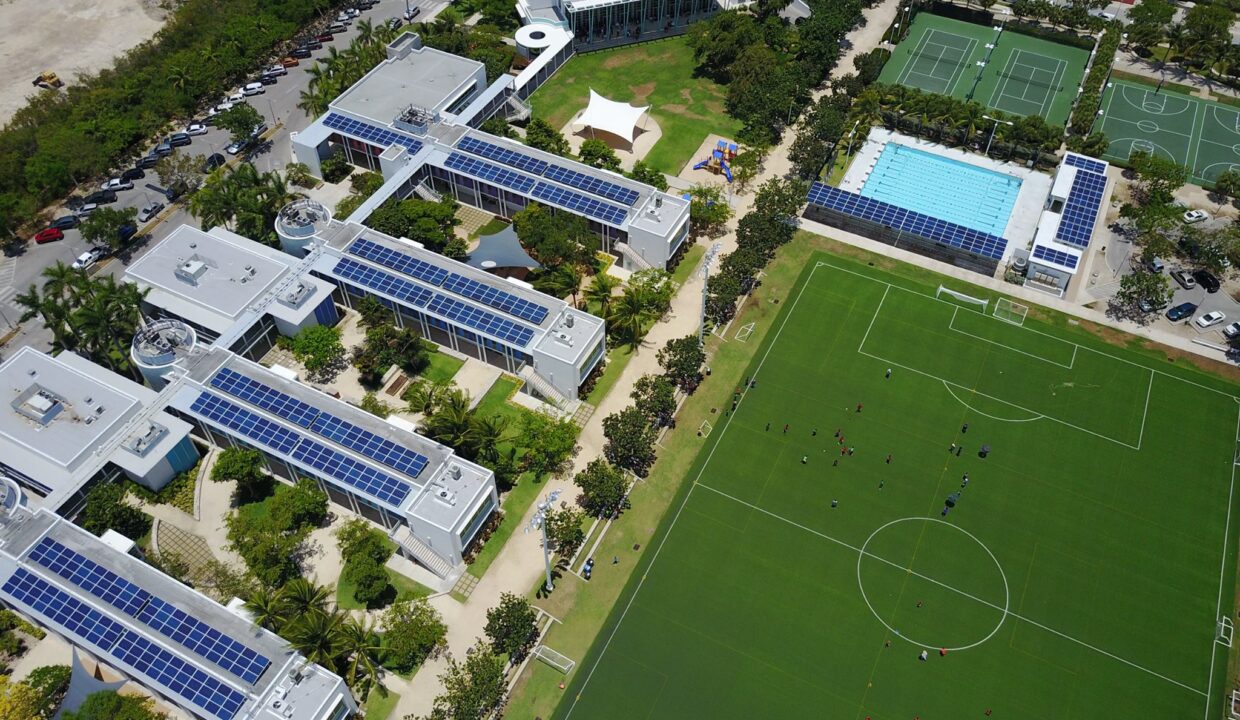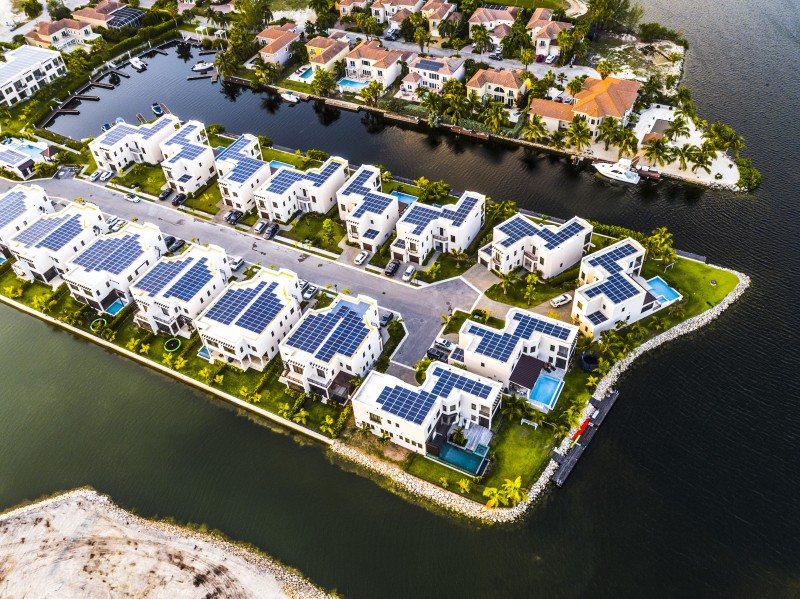Cayman Islands’ Ambitious Energy Policy Paves the Way for a Sustainable Future
In a groundbreaking move, the Cayman Islands have set their sights on a future free from fossil fuels and petrol-powered vehicles. With an ambitious new energy policy approved by Cabinet, the island is charting a course towards 100% clean energy and electric vehicles within a single generation.
The revised National Energy Policy, unveiled recently, not only outlines the bold vision for a sustainable future but also includes measures to ensure fair competition for green energy contracts. This policy marks a significant milestone, hailed by the Cayman Renewable Energy Association as the largest step forward to date in shaping an affordable and sustainable energy landscape for the islands.
The headline commitment of achieving 100% renewable energy by 2045 is undeniably ambitious, especially considering the current low penetration of renewable sources, which stands at just 3%. Despite the abundant sunshine, the majority of the island’s energy is still generated by diesel-powered generators. However, the policy aims to increase renewable penetration tenfold within the next six years.
Key projects such as the long-awaited waste-to-energy plant and a planned solar farm are expected to contribute significantly to meeting these targets. Minister Katherine Ebanks-Wilks emphasised the government’s assertive stance in accelerating progress towards a cleaner and more resilient energy future, highlighting the benefits of reducing energy costs for both current and future generations.
Some of the key goals outlined in the policy include:
– Achieving 100% renewable energy by 2045
– Transitioning 100% of new vehicle sales and imports to electric by 2045
Moreover, the policy includes several technical decisions aimed at facilitating the transition to renewable energy:
– Setting price thresholds for renewable energy to ensure cost competitiveness with diesel
– Empowering regulatory bodies to approve innovative sustainable energy projects independently
– Defining utility scale to encourage community projects and small business participation
– Granting consumers the right to produce and self-consume their own energy through solar panels and battery storage
– Introducing new financing programs to facilitate renewable energy adoption, particularly for low-income households
Solar Panels on the rooftops of properties on the Cypress Point Development
While the policy represents a significant step forward, its successful implementation will be crucial. James Whittaker of the Cayman Renewable Energy Association emphasised the importance of effective implementation, calling on regulatory bodies to play their part in ensuring its success.
The new energy policy has also sparked discussions about the role of utility companies in the transition to renewable energy. While the policy encourages the exploration of liquefied natural gas (LNG) as a transitionary fuel, it emphasises the importance of prioritising renewables and conducting independent feasibility studies to assess the economic viability of LNG.
Despite some challenges and differing perspectives on the best approach, the overarching goal remains clear: to create a sustainable and environmentally responsible future for the Cayman Islands. As the implementation of the new energy policy unfolds, all stakeholders must work together to overcome obstacles and seize opportunities, paving the way for a cleaner, greener, and more prosperous future.
The full report can be found here.
Source:Cayman GOV

